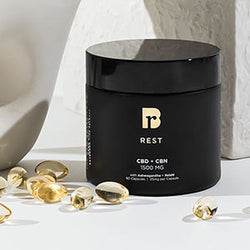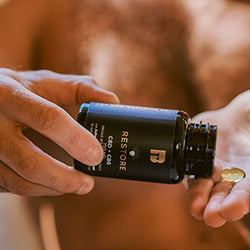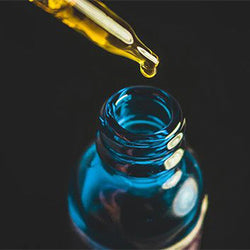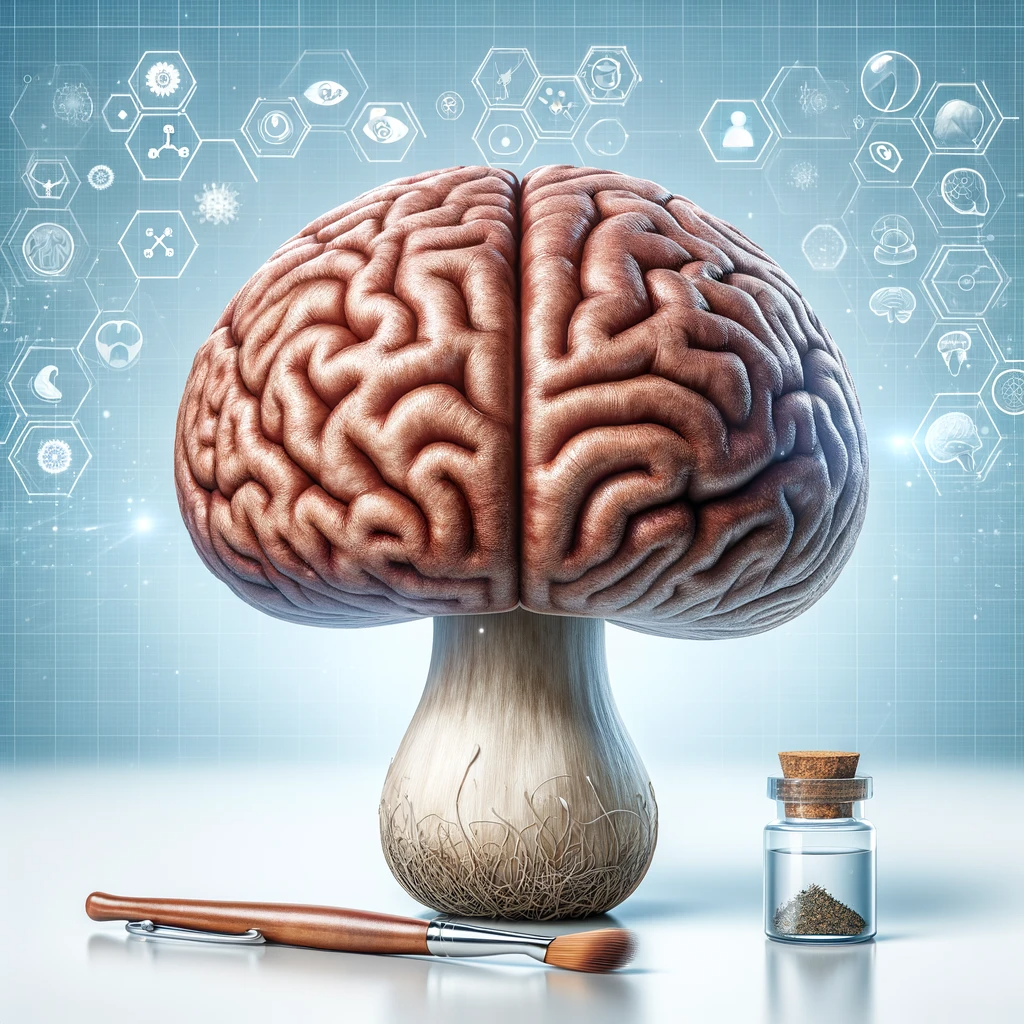Caring for our brain health is just as important as caring for our bodies. Staying sharp keeps us young, after all, and the mind is a powerful organ. When it comes to cognitive function, mushrooms for brain health have emerged as powerful allies. Beyond their culinary appeal, certain fungi contain compounds that may significantly benefit our cognitive abilities.
Research is increasingly pointing to the remarkable ways these fungi can support memory, focus, and overall brain function – making the connection between mushrooms and brain health one of the most exciting areas in nutritional neuroscience.
How Mushrooms Affect Brain Health
What makes mushrooms such powerful brain food? The answer lies in their unique bioactive compounds. Many medicinal mushrooms contain beta-glucans, triterpenes, hericenones, and erinacines – complex substances that appear to have neuroprotective properties.
The effects of mushrooms on the brain work through multiple pathways:
-
Anti-inflammatory action: Chronic inflammation in the brain is linked to cognitive decline and various neurodegenerative conditions. Certain mushrooms contain compounds that help reduce this inflammation, potentially protecting brain cells.
-
Antioxidant effects: Mushrooms are rich in antioxidants that help neutralize harmful free radicals, which can damage brain cells over time.
-
Nerve growth stimulation: Some mushrooms actually stimulate the production of nerve growth factors (NGF), proteins that promote the growth and survival of neurons.
-
Improved blood flow: Certain mushroom varieties enhance circulation, ensuring your brain receives optimal oxygen and nutrients.
This multi-faceted approach makes the mushrooms effect on brain health particularly impressive, supporting both immediate cognitive function and long-term brain health.
Best Mushrooms for Brain Health
While many mushroom varieties offer health benefits, several stand out for their specific effects on cognitive function:
Lion's Mane: The Neural Regenerator
Lion's Mane mushroom has earned its reputation as arguably the best mushroom for brain health. Its unique compounds (hericenones and erinacines) stimulate nerve growth factor production, which may help create new neural pathways.
Early studies suggest Lion's Mane can improve memory, enhance focus, and potentially even support nerve regeneration. It’s also one of the best mushrooms for anxiety.
Reishi: The Stress Reducer
Often called the "mushroom of immortality," Reishi helps the brain by reducing stress and promoting better sleep quality. Since chronic stress and poor sleep directly impact cognitive function, Reishi's calming effects help create a better environment for optimal brain health.
Cordyceps: The Energy Enhancer
Cordyceps improves oxygen utilization and increases ATP production at the cellular level. For the brain, this boost translates to better mental clarity. This makes Cordyceps valuable for focus and memory, and improved concentration.
Chaga: The Antioxidant Powerhouse
With one of the highest ORAC scores (a measure of antioxidant capacity) of any food, Chaga mushrooms help shield your brain from oxidative stress. This protection is crucial for preserving cognitive function as we age and may help maintain healthy brain cell structure.
Turkey Tail: The Gut-Brain Supporter
Turkey Tail contains powerful prebiotics that support a healthy gut microbiome. The growing understanding of the gut-brain connection suggests that this digestive support translates to cognitive benefits, as a healthier gut microbiome has been linked to improved mood and cognitive function.
Benefits of Mushrooms for the Brain
The spectrum of benefits that medicinal mushrooms have on brain function is remarkably broad:
Improved Focus and Memory
The compounds in mushrooms like Lion's Mane can enhance communication between brain cells, potentially improving both short-term focus and long-term memory retention. Many users report feeling more mentally sharp and experiencing fewer "brain fog" episodes when taking daily mushrooms for cognitive function.
Enhanced Mood and Mental Clarity
Several mushroom varieties appear to support healthy levels of neurotransmitters like dopamine and serotonin, which play key roles in mood regulation. This may explain why many people report feeling more mentally balanced while taking medicinal mushrooms on a daily basis.
Neuroprotection and Long-term Brain Health
Perhaps most importantly, the regular consumption of certain mushrooms may help shield the brain from age-related decline. Their anti-inflammatory and antioxidant properties create a protective environment that supports your brain over time.
How to Incorporate Mushrooms Into Your Routine
With growing interest in the cognitive benefits of fungi, there are now multiple ways you can harness the power of mushrooms.
Functional Mushroom Supplements
If convenient, concentrated benefits are what you’re after, then taking a high-quality mushroom supplement for brain health is your best bet. Look for products that:
-
Use fruiting bodies (not mycelium on grain)
-
Specify standardized amounts of active compounds
-
Undergo third-party testing for purity and potency
-
Combine complementary mushroom varieties for synergistic effects
If your goal is to sharpen your focus, support your memory, or simply maintain optimal brain function as you age, a mushroom supplement is a powerful tool. The key is to take a supplement that contains the mushrooms’ numerous healthy compounds.
At RAW BOTANICS, all of our mushroom blends are extracted using techniques that keep all the beneficial compounds intact. They are highly bioavailable, so you can be assured they’re being absorbed by your body.
Frequently Asked Questions
Can mushrooms help with mental fatigue?
Absolutely! If you're feeling mentally drained by mid-afternoon, mushrooms like Cordyceps and Lion's Mane might be your new best friends. Cordyceps helps improve oxygen utilization (meaning more energy reaches your brain), while Lion's Mane supports your brain's natural repair processes.
Are there any side effects of consuming mushrooms for brain health?
While most people tolerate functional mushrooms just fine, everyone's body is different. If you're on medication or have existing health conditions, it's always smart to check with your doctor first.
How long does it take to see cognitive benefits from mushrooms?
Don't expect a miracle overnight! Most people notice subtle improvements in mental clarity and focus within 2-3 weeks of consistent use. The more significant benefits for memory and overall cognitive function typically show up after 6-8 weeks of daily consumption. Think of mushrooms as a long-term relationship with your brain, not a quick fling.
Are fresh mushrooms better than supplements for brain health?
It's not really an either/or situation. Fresh culinary mushrooms provide wonderful nutrients, but they don't always contain therapeutic levels of the compounds that specifically target brain health. High-quality supplements ensure you're getting concentrated amounts of the active compounds that actually cross the blood-brain barrier.







